Introduction
A rising star in Chinese women's table tennis has renounced her Chinese citizenship to join South Korea, transforming from a national second-tier player into the "Great Demon King" of the South Korean team, and even boldly proclaiming her intention to defeat the Chinese team.
Who is this prodigy who has forsaken her nationality in the table tennis world?

Early Table Tennis Career of Tian Zhixi
We have known since childhood that Rome was not built in a day, and Tian Zhixi's journey in table tennis also began at a young age.
Born in 1992 in an ordinary family in Hebei, Tian Zhixi came into this world with a cry.

Perhaps it was fate, as her father happened to be a table tennis coach.
Under her father's influence, Tian Zhixi began to come into contact with table tennis at the age of 7.
At such a young age, she might not have known how this small round ball would change the trajectory of her life.
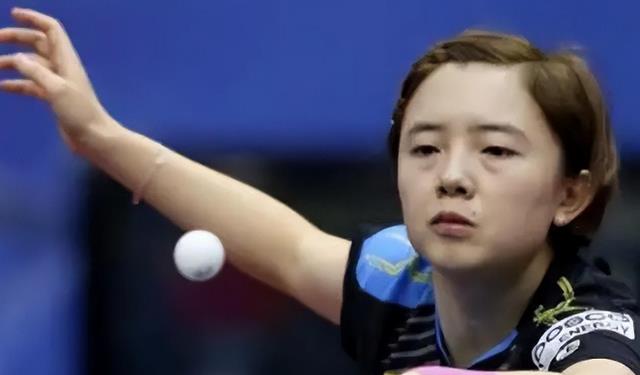
However, she had an extraordinary sensitivity to this sport by nature.
As the saying goes, a piece of jade must be polished before it becomes valuable, and under her father's careful guidance, Tian Zhixi quickly demonstrated remarkable talent.
Day after day, year after year, she sweated on the table, constantly honing her skills.
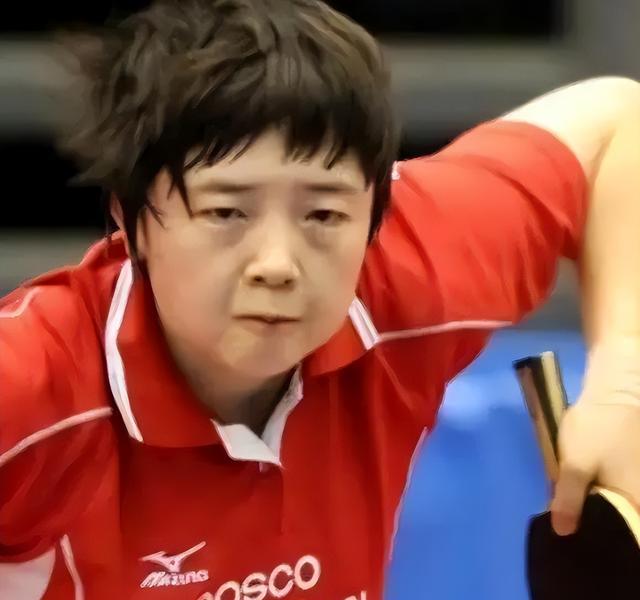
This perseverance and effort laid a solid foundation for her future success.
All efforts pay off, and at the age of 14, Tian Zhixi welcomed the first highlight moment of her career.
At the Asian Youth Championships, she overcame all obstacles and eventually won the runner-up.
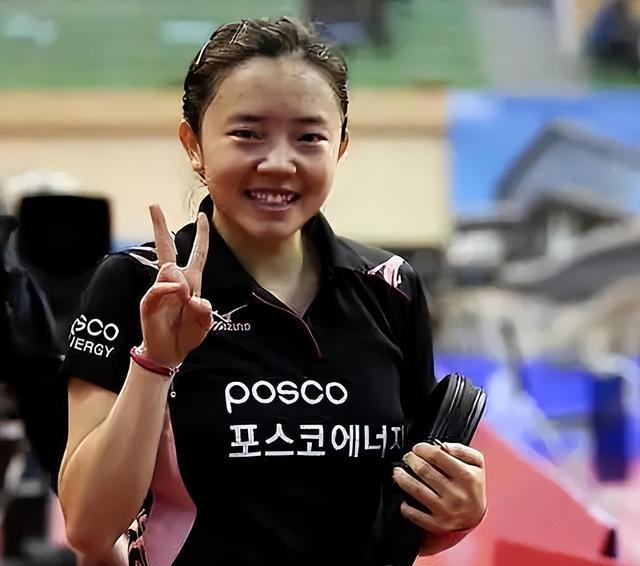
This achievement not only made her stand out among peers but also brought her name into the sight of the national team coaches for the first time.
However, the road to success is never smooth sailing.
After entering the national second team, Tian Zhixi truly felt what it means to have "people outside people, heaven outside heaven."
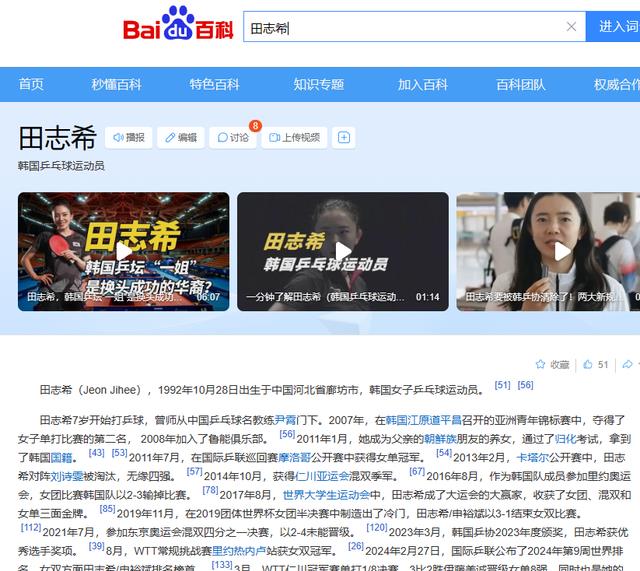
In this place full of top players, her strength could only be considered average or slightly below.
Faced with such difficulties, some choose to give up, some choose to persevere, and Tian Zhixi chose the latter.
She deeply understands that in this fiercely competitive environment, only by continuously improving oneself can one have a chance to succeed.
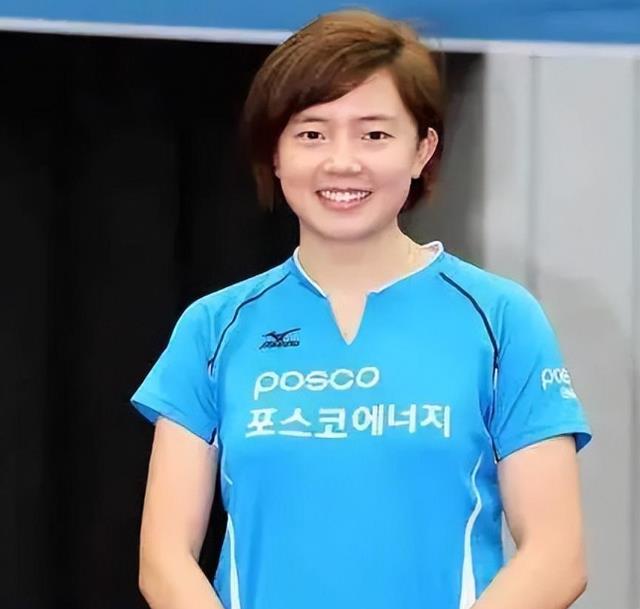
Information source: Baidu Encyclopedia - Tian Zhixi
Therefore, she trained even harder, hoping to catch up with her teammates' pace.
However, reality is often more cruel than imagination. Despite Tian Zhixi's greater efforts than others, her progress speed still failed to keep up with her teammates.

In the national second team, she always remained in an awkward position: neither up nor down, finding it difficult to break through.
Just as Tian Zhixi felt lost about her future, fate played a joke on her.
An unexpected knee injury forced her to temporarily leave the national team and return to the club to recover.

This injury became a turning point in her career.
During her recovery period, Tian Zhixi had more time to think about her future.
She began to realize that perhaps the national team was not her only choice, and just at this moment, an unexpected opportunity appeared.
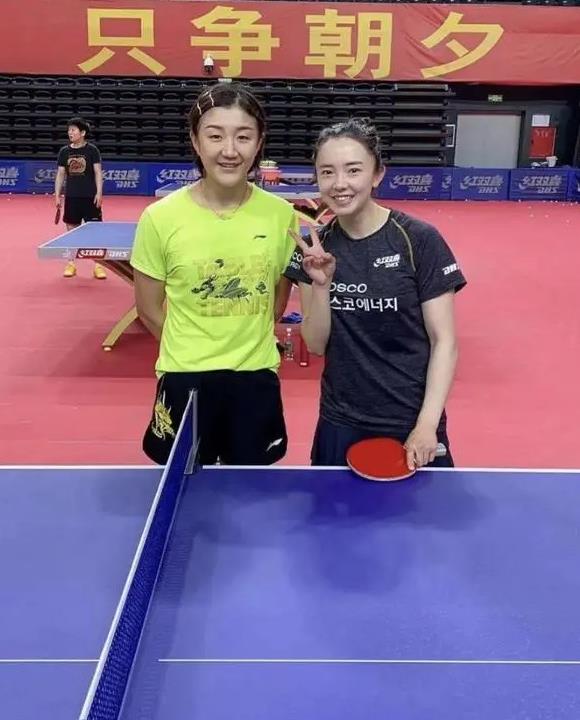
The South Korean national team coach, Kim Hyung-sik, was looking for talents to enhance South Korea's table tennis strength.
His gaze fell upon Tian Zhixi, who was at a crossroads in life.
For Tian Zhixi, this was undoubtedly a new opportunity, a stage where she could prove herself again.

Thus, in 2011, at the age of 19, Tian Zhixi made a surprising decision: she chose to naturalize in South Korea.
This decision not only changed her nationality but also completely altered her life trajectory.
Reasons and Process of Naturalization in South Korea
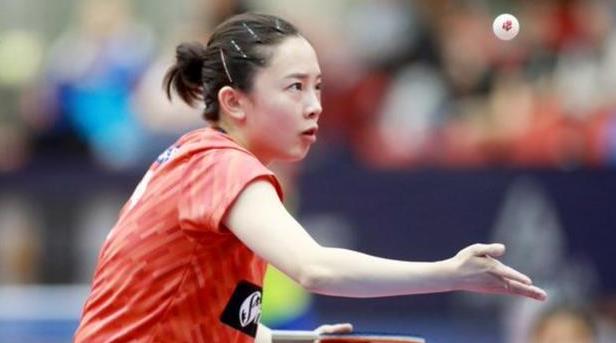
However, the process of naturalization was not smooth sailing. In 2011, 19-year-old Tian Zhixi started her path to naturalization with the help of a Korean-Chinese friend.
To successfully pass the naturalization exam, she even recognized her father's Korean-Chinese friend as her godfather.
This move, although controversial, also reflected Tian Zhixi's determination to do whatever it takes to achieve her dreams.

After naturalization, the first challenge Tian Zhixi faced was the language barrier. Korean was a completely new language to her, but she was not intimidated by the difficulty.
She began to frantically learn Korean, watching Korean dramas, practicing spoken language with her teammates. The effort she put in was unimaginable for ordinary people, but it was precisely this persistent spirit that allowed her to ultimately overcome the language barrier.
Tian Zhixi's efforts soon paid off. Not only did she successfully pass the naturalization exam, but she also quickly adapted to the life and training rhythm in South Korea. In the South Korean team, she found the long-lost confidence and sense of belonging.
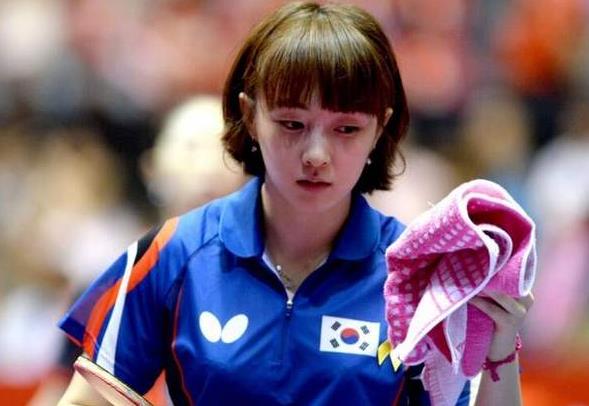
However, naturalizing in South Korea did not mean that everything would go smoothly. According to ITTF regulations, Tian Zhixi would not be able to represent South Korea in international ITTF events for seven years.
This meant that she needed to silently accumulate strength during this period, waiting for her own opportunity.
For Tian Zhixi, this seven-year wait was undoubtedly a huge test.
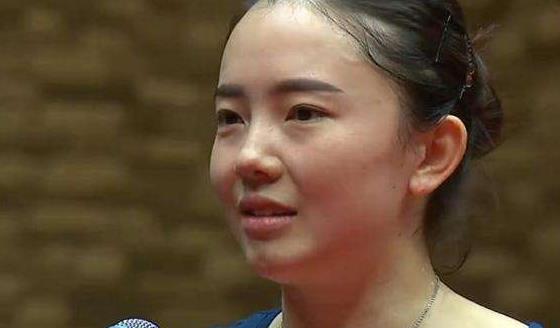
But she did not give up; instead, she trained even harder to prepare for future competitions.
She deeply understood that only by continuously improving her strength could she make a difference in future international arenas.
As the saying goes, heaven rewards those who work hard, and Tian Zhixi's efforts finally paid off in 2018.

Partnering with Lee Sang-su in mixed doubles, she won the mixed doubles championship at the Australian Open.
This championship was not only a recognition of her years of hard work but also marked her official debut on the international stage.
Information source: Ping Pong Network - Summary of the Australian Open, China with 2 golds and 2 silvers, South Korea with 2 golds, Japan with 1 gold
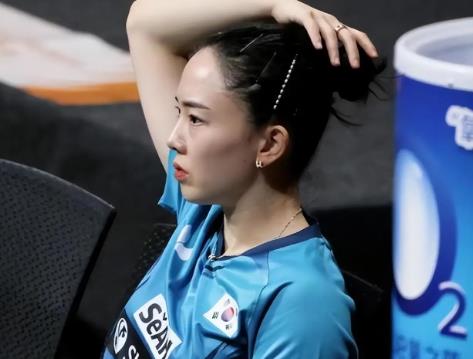
Development and Achievements in South Korea
After joining the South Korean nationality, Tian Zhixi seemed to have found her own world, and her rise in the South Korean table tennis world can be called a legendary experience.
When she first arrived in South Korea, Tian Zhixi was still an unknown minor character, so she trained even harder to improve her technical level.
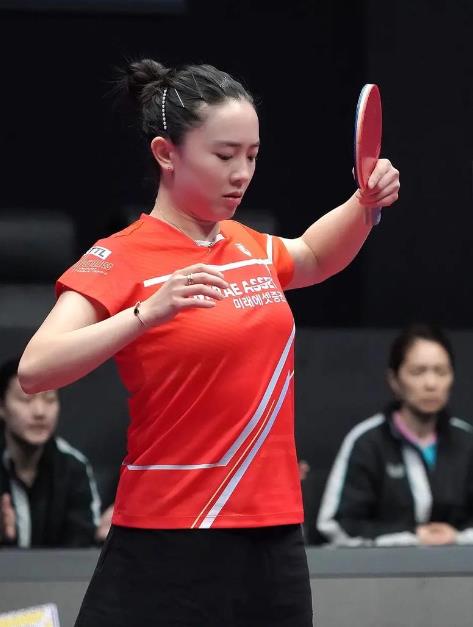
In her first year in South Korea, Tian Zhixi surprised everyone by winning the women's singles championship at the South Korean National Table Tennis Championships.
This championship seemed to open the door to her victories. In the following two years, she won the South Korean national championship consecutively, demonstrating her strong dominance.
As the saying goes, there are always higher mountains, but in the South Korean table tennis world, Tian Zhixi is that highest peak.

Her strength is so strong that even South Korean media cannot help but marvel at it, giving her a resounding nickname - the "Great Demon King of South Korea."
This title not only reflects her status in the South Korean table tennis world but also highlights her power that makes opponents tremble.
However, Tian Zhixi did not become complacent with her success in South Korea. Her eyes were always set on a higher stage - the world table tennis arena.
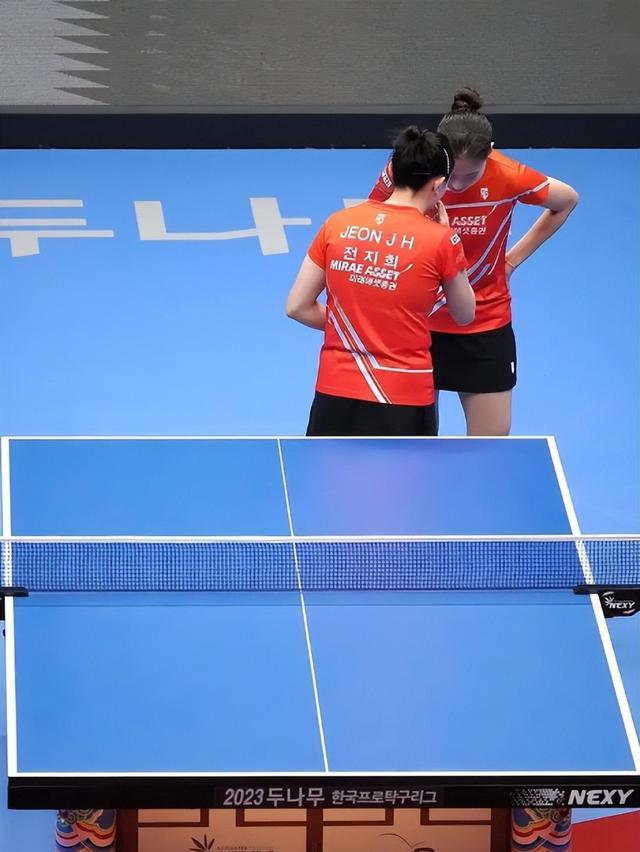
By continuously participating in international competitions, her world ranking soared, eventually climbing to 17th place.
This ranking is not only a recognition of her strength but also gives her more say in the international arena.
But ambition knows no bounds, and Tian Zhixi's ambitions extend far beyond this.
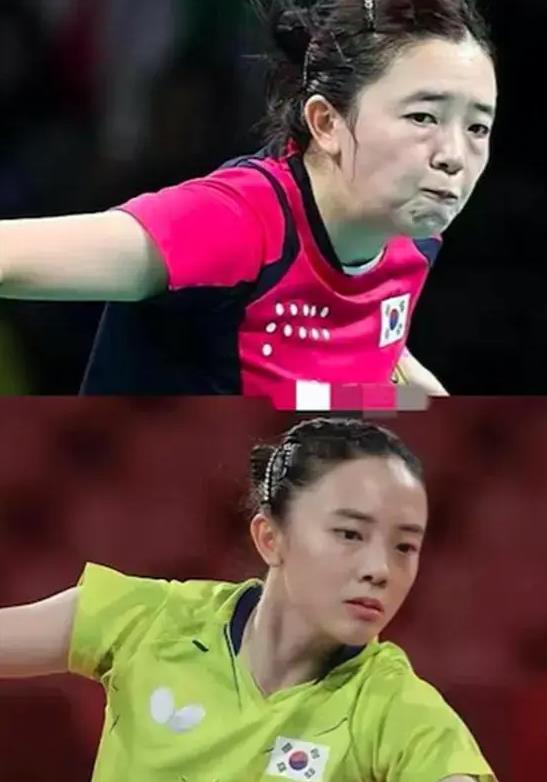
She openly stated that she hopes to defeat her former Chinese teammates in competitions, such as Chen Meng and Zhu Yuling. This statement is undoubtedly a display of confidence in her abilities and an expectation for the future.
However, it is easier said than done. How difficult is it to defeat top-level players in the world?
She deeply understands that only by continuously challenging the strong can she become stronger.
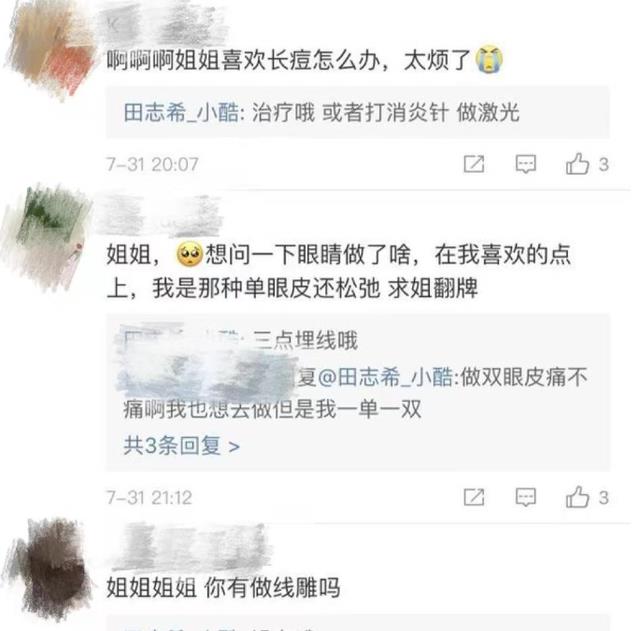
Therefore, she spares no effort in every international competition, hoping to narrow the gap with the world's top players.
Her playing style is fierce and decisive, with comprehensive techniques, especially her backhand quick attack and forehand offense, which have reached quite a high level. These advantages allow her to repeatedly achieve outstanding results in international competitions.
It is worth mentioning that Tian Zhixi's success in South Korea is not only reflected in her competitive achievements.
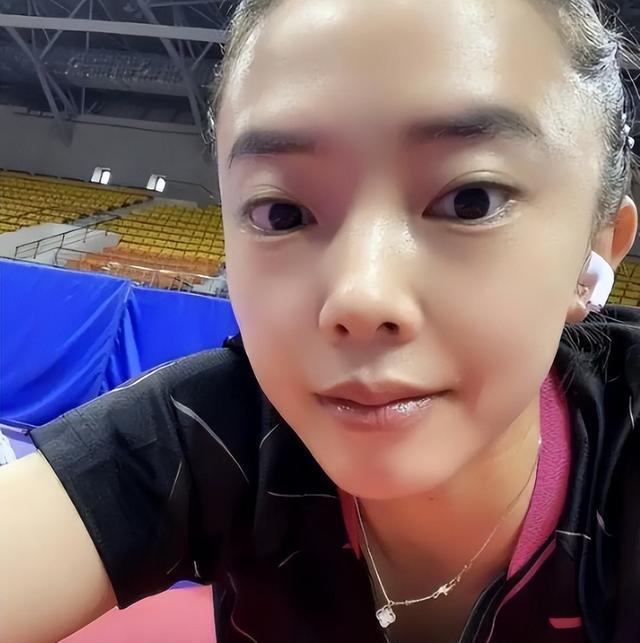
She has also become the image spokesperson for South Korean table tennis. Her experiences have inspired many young South Korean players, and under her influence, the overall level of South Korean table tennis has significantly improved.
However, the road to success is never smooth sailing. Although Tian Zhixi has achieved great success in South Korea, she also faces considerable pressure.
As the "Great Demon King of South Korea," every match bears the expectations of South Korean fans. This pressure sometimes is even more difficult to deal with than the matches themselves.
However, Tian Zhixi has not been overwhelmed by the pressure. Instead, she turns it into motivation, making herself even stronger.
Strength Assessment and Out-of-Circle Events
Despite Tian Zhixi's tremendous success in the South Korean table tennis world, her actual strength has always been a topic of heated discussion.
To talk about Tian Zhixi's strength, one cannot help but mention her former coach, Yin Xiao. As a famous coach in the Chinese table tennis world, Yin Xiao's evaluation of Tian Zhixi is incisive.
He believes that Tian Zhixi's strength is at the upper-middle level among the national second team players.
This evaluation both affirms Tian Zhixi's strength and points out the gap between her and the top players.
However, practice is the sole criterion for testing truth, and the 2021 Tokyo Olympics was undoubtedly an important test of Tian Zhixi's strength.
On this stage filled with top players from around the world, Tian Zhixi faced Japanese player Ito Mima, and the